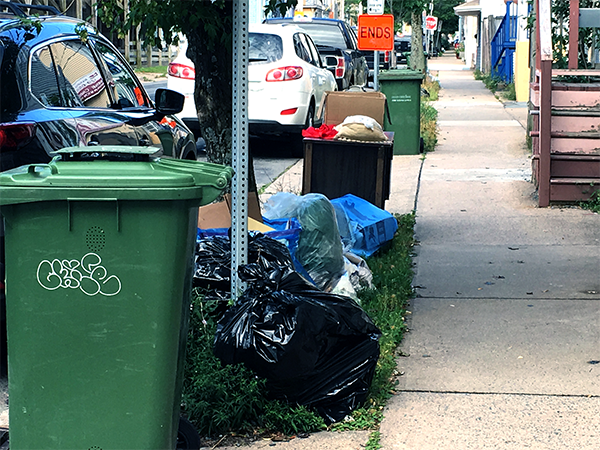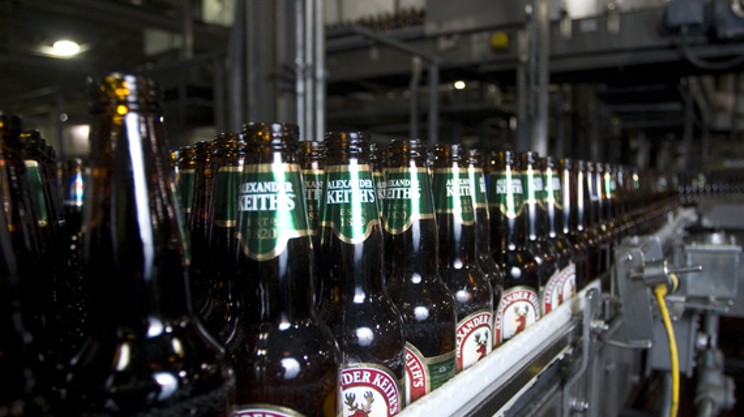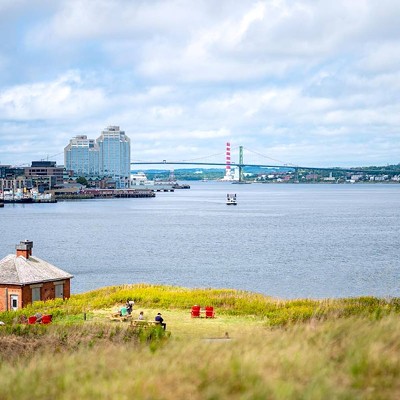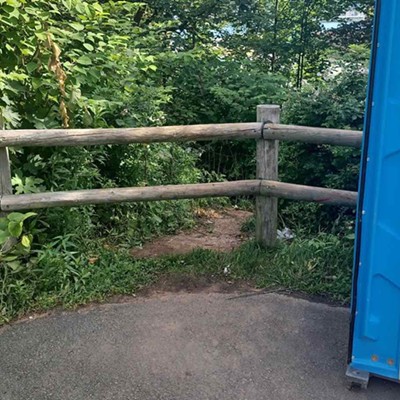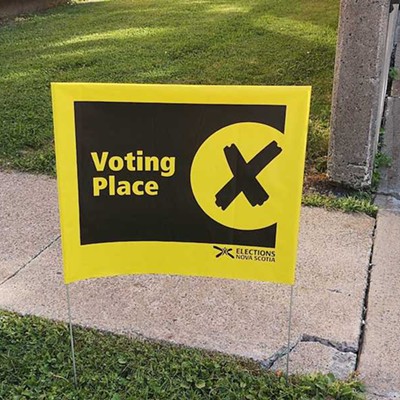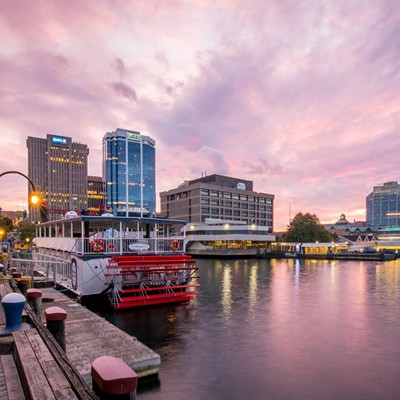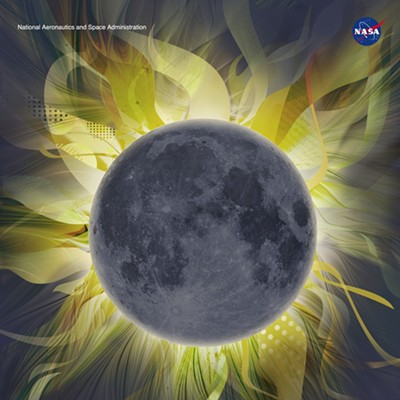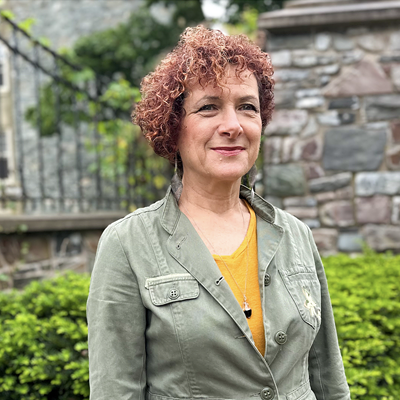If you're new to town, you may notice that Nova Scotia recycles and composts more than some other provinces. A 2012 study by the Conference Board of Canada actually ranked Nova Scotia first among provinces for waste generated per capita, at 386 kg per year.
What goes where?
If you download the Halifax Recycles app or visit halifax.ca/recycle, you can search for a specific item to see which bin it goes in. You can also save your address in the app so that you will be notified when it's garbage day. The city also distributes a paper schedule in the mail each fall. Holidays and weather can often affect garbage day, so make sure you're on top of any changes.
Exceptions to the rule
Things like broken glass, electronics and paint need to be disposed of in particular ways. Use the app to ensure everything is getting properly taken care of.
Compost tips
Keep your household food waste in a smaller bin before emptying it into the larger one outside. Compost can't go to the curb in Sobeys bags, because the plastic doesn't decompose. Put your compost in the freezer or wrap it in newspaper to prevent it from smelling.
Have old clothes you don't wear?
HRM says all textiles, regardless of condition or type, can be placed in clothing donation bins that can often found in grocery store parking lots. Wearable items will be donated, but even a stained shirt, old sheets or a single sock with a hole can be put in those bins for recycling. For more info, go to afterwear.ca.
You can separate your waste into FIVE different categories on garbage day. Here's how to keep them all straight.
1 Clear garbage bag
Since 2015, garbage must go in a clear garbage bag for pickup in HRM. Each residence is allowed up to five clear bags and one black bag (for privacy) at the curb every two weeks.
2 Blue bag #1, plastic recycling
Cans and bottles, milk cartons and yogurt tubs, as well as clean plastic bags, plastic wrap and aluminum foil (don't forget to unscrew the cap!). Refundable items like beer bottles and pop cans can also be taken to recycling depots, where you can collect five cents for each one. And new this year, you can recycle old pots and pans.
3 Blue bag #2, paper recycling
Paper, newspaper and boxboard like cereal boxes and paper towel tubes.
4 Compost
Anything organic! This includes food waste and yard waste like leaves and branches. Make sure you don't put any plastic in the green bin—even bags and plastics that claim to be compostable.
5 Corrugated cardboard
This is the multi-layered cardboard that moving boxes and pizza boxes are made of. It should be flattened and bundled together for pickup.

